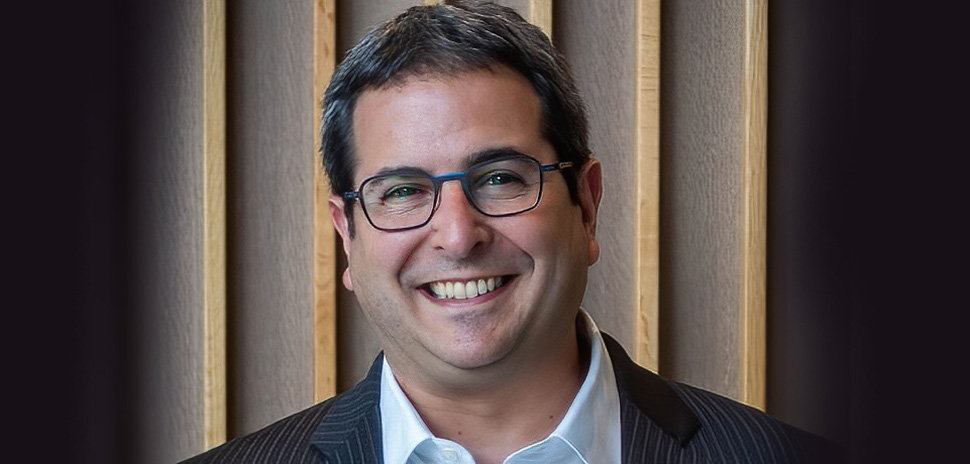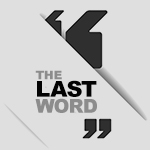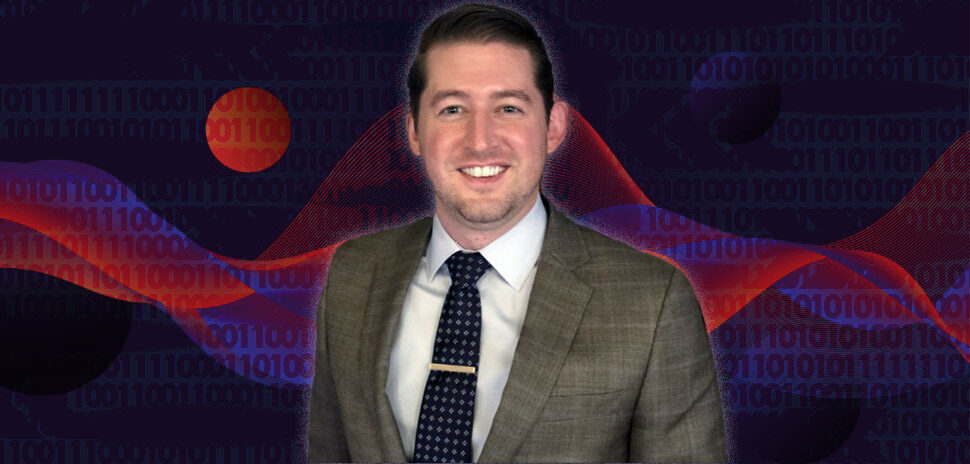
Aaron Millstone [Photo: NTTData, Background: DI Studio]
“Language models like ChatGPT will complement the workforce—not replace it—so talent of the future should be well-versed.”
Aaron Millstone
President, Digital Transformation Services
NTT DATA Services
.…on the impact on AI language models on the workforce.
 Plano-based NTT DATA is out with its annual Innovation Index research, which calls out “increasing investments in employee skills and experiences to build and retain a more modern workforce.” The research also looks at the importance of “creating high-quality employee experiences,” an increased focus on “business resilience,” and more.
Plano-based NTT DATA is out with its annual Innovation Index research, which calls out “increasing investments in employee skills and experiences to build and retain a more modern workforce.” The research also looks at the importance of “creating high-quality employee experiences,” an increased focus on “business resilience,” and more.
“Being prepared for the future means creating resilience in both people and organizations, and organizations must invest in that resilience,” Kim Curley, VP of workforce readiness consulting at NTT DATA, said in a statement. “With intelligent technologies taking on countless tasks, embracing upskilling and reskilling creates a more resilient and adaptable workforce.”
The intelligent tech on everyone’s minds these days—language models like ChatGPT—has some people worried that it will snag their jobs. But Curley and Millstone say that instead, people should be more concerned about keeping pace.
“With accelerating automation and adoption of AI, the workforce must keep pace with tech advancement,” Millstone said in the statement. “Without skills investment, organizations could lose on the unique experiences, talents, and perspectives their employees bring to the table that help shape and accelerate their company’s growth.”
You can see all the insights in NTT Data’s Innovation Index by going here.
For more of who said what about all things North Texas, check out Every Last Word.

Get on the list.
Dallas Innovates, every day.
Sign up to keep your eye on what’s new and next in Dallas-Fort Worth, every day.
R E A D N E X T
-
Innovators across North Texas and entrepreneurs all over the U.S. are racing to launch (and patent) the latest breakthrough AI. That can lead to IP policy issues as emerging tech hits the market. On February 8, the U.S. Patent and Trademark Office will a public meeting to discuss how to promote innovation in AI and Machine Learning tech, to be held virtually and in person at the Arts District Mansion in Dallas. "The takeaways will shape future work on AI and ET policy," says USPTO Director Kathi Vidal.
-
North Texas universities are gearing up for the AI revolution, readying students for the jobs of tomorrow. Here's a look at what's happening at SMU, TCU, the University of North Texas, UT Arlington, and UT Dallas, as published in our annual 2023 Dallas Innovates magazine.
-
Read “who said what” in our roundup of quotes about all things North Texas, including ENO8's Jeff Francis; MyndVR's Chris Brickler and Ted Werth; Axxess' John Olajide; the Urban Land Institute's Ron Pressman; Dallas Mayor Eric Johnson; the Mavs Foundation's Katie Edwards; UT Arlington's Yi Hong; HomeUSA.com's Ben Caballero; ParkHub's George Baker Sr.; and more.
-
The goal of SMU's Intelligent Systems and Bias Examination Lab (ISaBEL) is to quantify and minimize bias in artificial intelligence systems. It will explore how AI systems—like facial recognition algorithms—perform on a wide range of diverse people. The Lab will investigate ways that bias can be reduced in these systems through cutting-edge research, standards, and other peer-reviewed studies.
-
Andercheck is leading a charge to create a data culture in Dallas that empowers everyone to speak, understand, and access data. As the Dallas data chief, she was recently featured in Data-Smart City Solutions, a project by the Bloomberg Center for Cities at Harvard University. In the feature, Anderchief discussed how CDOs use data on income and infrastructure to identify areas in need of additional assistance.
 Plano-based NTT DATA is out with its annual Innovation Index research, which calls out “increasing investments in employee skills and experiences to build and retain a more modern workforce.” The research also looks at the importance of “creating high-quality employee experiences,” an increased focus on “business resilience,” and more.
Plano-based NTT DATA is out with its annual Innovation Index research, which calls out “increasing investments in employee skills and experiences to build and retain a more modern workforce.” The research also looks at the importance of “creating high-quality employee experiences,” an increased focus on “business resilience,” and more.![]()












![[Image: Ryzhi/istockphoto]](https://s24806.pcdn.co/wp-content/uploads/2019/02/Ryzhi_big-data-and-artificial-intelligence-domination-concept-vector-id1060622908-970x464.jpg)





















































